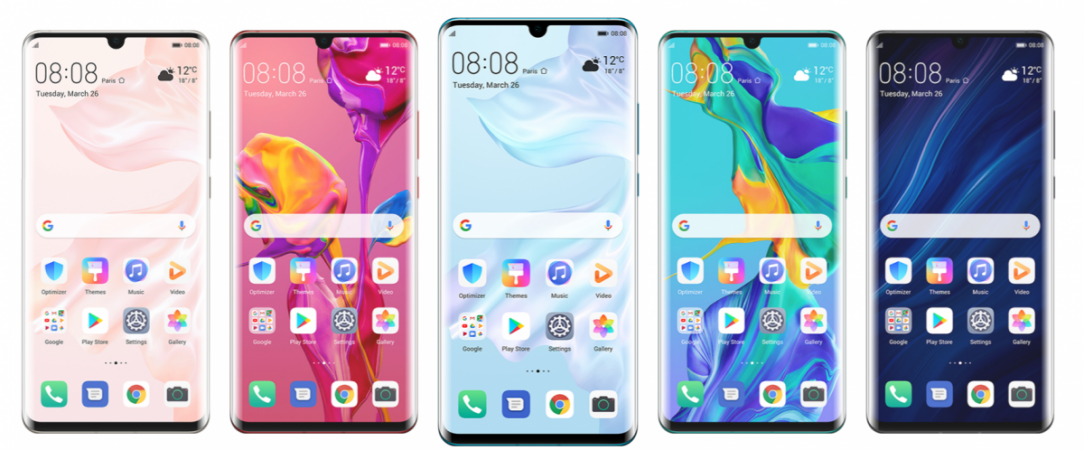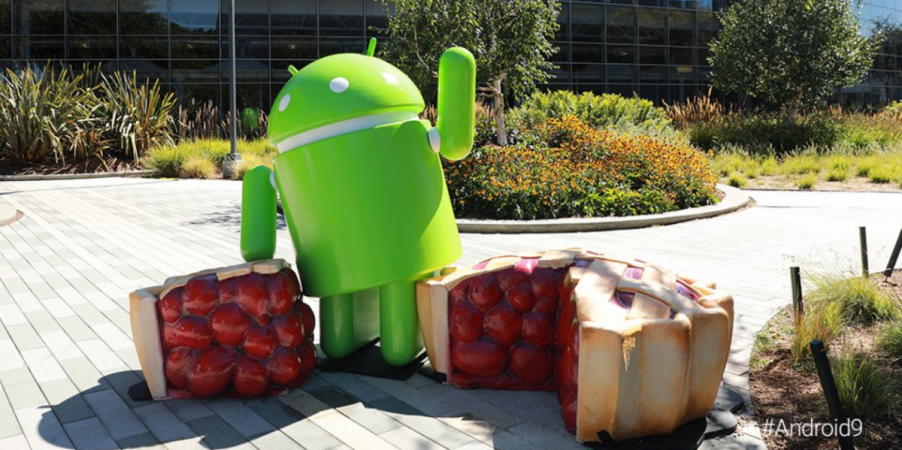Huawei has said that they can release their own mobile OS if its smartphones are cut off from Google's Android. It is becoming evident that Huawei is not backing down in the increasingly heated trade battle between the U.S. government and the Chinese tech corporation.
Huawei will not be able to use stock Android OS for their smartphones in the future. As far as Huawei's laptops are concerned, they will probably have to forego Windows. However, they appear to have devised a contingency plan to use in the scenario that has now arrived.
Huawei, which is the second-biggest manufacturer of smartphones in terms of volume, has made it clear that they do not need to depend on American firms for its business. According to a report by Chinese publication Caijing, it will be available on mobiles phones, computers, tablets, TVs, cars, and wearables.

Richard Yu, the CEO of Huawei Consumer Business Group, has said that the company is working on a new homegrown OS called indeoenOS, which is expected to roll out this fall or in spring of next year.
The OS will be compatible with all Android applications and all web applications. Recompiled and optimised apps will perform over 60% better on this "future-oriented" OS. Google has resumed work with Huawei since a temporary trade license has been granted by the U.S.
The U.S. Department of Commerce had put Huawei in their 'entity list', forbidding American corporations to trade with them. A temporary, 90-day license was granted for trade to allow consumers and corporations time to shift to alternative resources. Following this, Google decided to continue trading for the 90-day period.

This new development in Huawei may bring a new competitor in the ring. No other OS provides the seamless networking that Huawei is promising. Apple's CarPlay and Google Auto are both apps that work on cars, but the way Huawei has talked about their OS, it seems as if it will bring much more to the dashboard. The upcoming OS will hopefully bring exciting prospects with connectivity across devices and vehicles or it could just meet the fate of Tizen, BlackBerryOS, and Windows Phone.

















